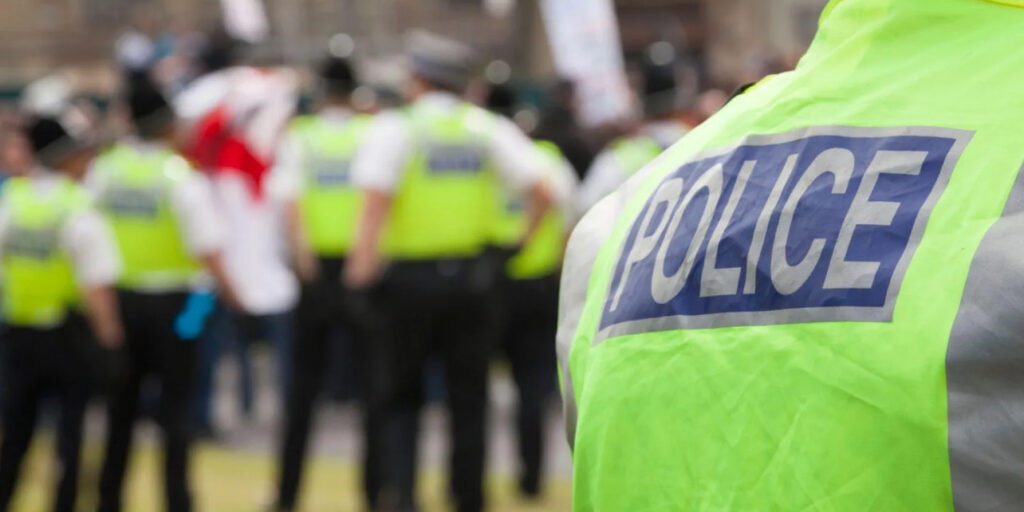The UK government has announced tougher protest laws near places of worship to protect synagogues, mosques, churches, and other religious sites from disruptive and intimidating demonstrations.
The new powers, introduced as amendments to the Crime and Policing Bill, will give police forces greater authority to manage protests that may interfere with religious practices.
The changes come in response to recent protests near synagogues and mosques, which the Home Office described as “intimidating” and disruptive to worshippers. Police will now be able to impose conditions on protests—such as routes, timing, and location—if there is reasonable belief they may intimidate those attending religious services.
Clarity for Police on Handling Intimidating Protests
Under current law, police can act if the intention of a protest appears to involve intimidation. However, the new legislation expands this to allow intervention when protests are likely to result in intimidation, even if that’s not the primary goal of the organizers.
The Home Office stated the new rules will give law enforcement “total clarity on how and when they can protect religious sites” and prevent future incidents of disruption around houses of worship.
Law Extended to National Holocaust Memorial
As part of the same legislative update, a ban on climbing war memorials will be extended to include the forthcoming National Holocaust Memorial in Westminster. This move reinforces the government’s commitment to preserving the sanctity of national and religious landmarks.
Response to Rise in Religious Hate Crimes
The tightening of protest laws also comes amid a sharp increase in religious hate crimes. The Home Office reported a 113% rise in anti-Semitic incidents and a 13% rise in anti-Muslim hate crimes over the past year.
According to the government, protests near synagogues have already led to the cancellation of community events and discouraged attendance at religious services. Mosques were also targeted during last summer’s violent disorder.
Protecting Freedoms Without Undermining Democracy
Home Secretary Yvette Cooper emphasized that while “the right to protest is a cornerstone of our democracy,” it must not infringe on the rights of others to worship in peace. She added that protests should not intimidate or cause serious disruption to people’s daily lives.
Before enforcing restrictions, police must still perform a proportionality assessment to ensure a fair balance between freedom of expression and public safety.
To further support religious communities, the government has also pledged up to £50 million in funding over the next year to help protect places of worship.


